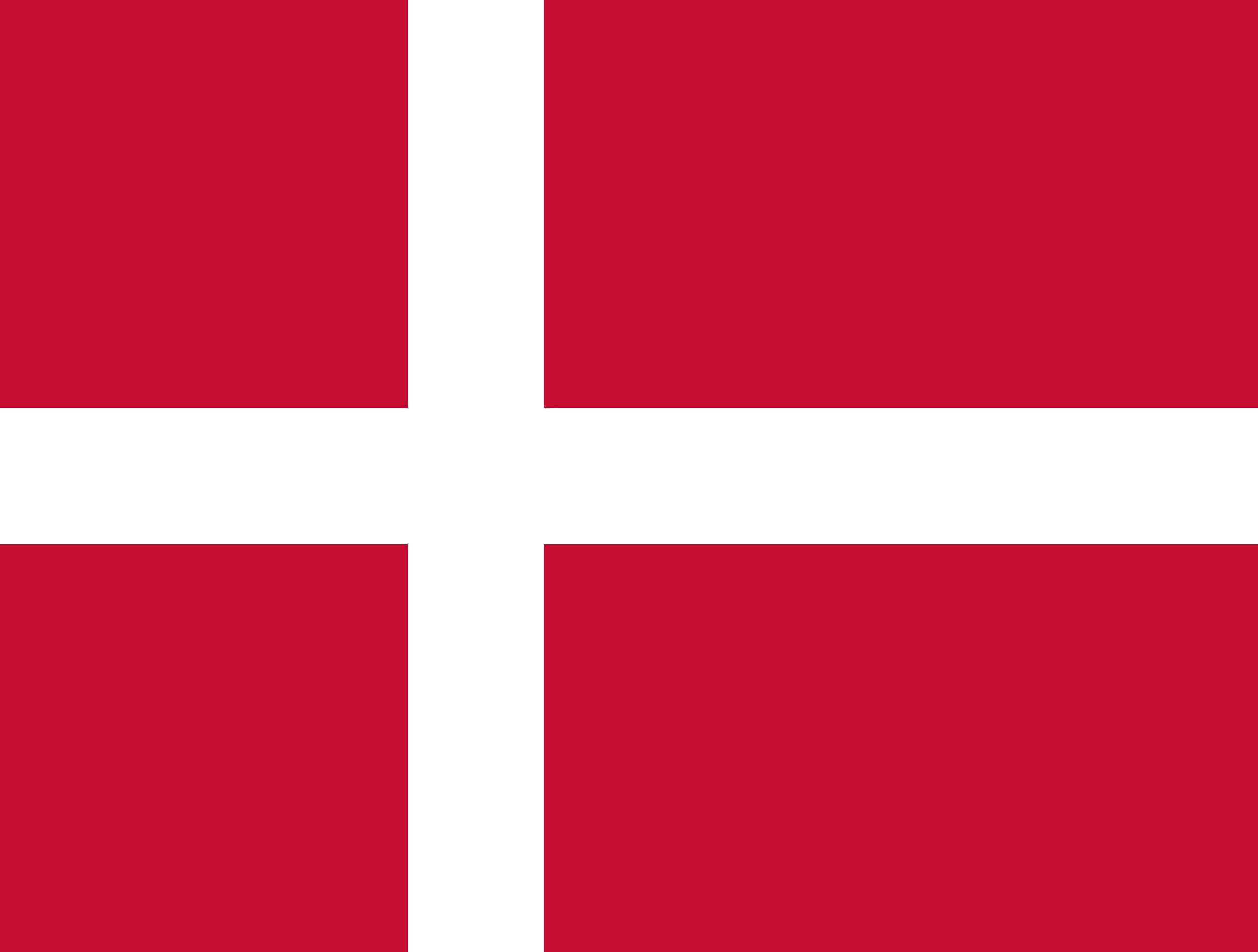Denmark

Codex Contact Point
Susanne Kofoed Danish Codex Contact Point, Danish Veterinary and Food Administration, Stationsparken 31 2600 Glostrup Denmark
Telephone:
+45 7227 6500
+45 7227 6706
Fax:
+45 7227 6501
Email:
[email protected]
[email protected]
[email protected]
Website:
http://www.fvst.dk
Competent authorities
Name of authority:
Danish Veterinary and Food Administration
Mandate/competence:
www.foedevarestyrelsen.dk
INFOSAN Emergency Contact Point
e-mail: [email protected]
Food safety and consumer protection – laws and regulations
The current list of legislation, related to food safety and consumer protection in each country, is extracted from FAO's database on Food Legislation FAOLEX. While FAOLEX makes every effort to serve as a high quality, reliable source of information, no guarantee is given that the information provided in FAOLEX is correct, complete, and up-to-date.The national Codex programme
National Codex consultative mechanism
Providers of scientific and technical input to national consultation on Codex
Risk Assessments and Scientific Data
National bodies providing risk assessment and scientific advice
Risk assessment, risk profiles, scientific opinions
Official Laboratories
Official Laboratory:
Danish Veterinary and Food Administration has 1 official Laboratory (and uses in specific cases DTU facilities).
Official Competence:
The DVFA-laboratory performs both microbiological and chemical analyses. The laboratory is responsible for:
• Nationally coordinated monitoring, mapping and control programmes, e.g. relating to salmonella in meat
•Regionally managed inspection samples
•Market-driven activities: samples and tests requested by private enterprises
•Import sampling
Surveillance of foodborne diseases and monitoring of food contamination
National surveillance systems – foodborne disease in humans
National monitoring systems – foodborne hazards in the food chain
Monitoring listeria in ready-to-eat products. There is also monitoring in place for chemical contaminants, MRL for pesticides and veterinary medicine, food additives, antibiotics and AMR. Animal Diseases are also monitored closely.
Screening in relevant productions of food






